FROM "RED BOY" TO "SEA WAVES"
Journalist Duong Phuoc Thu, former Permanent Vice President of the Hue City Journalists Association, said that the first article by Hai Trieu - Nguyen Khoa Van was the work The World War Later, published in 4 installments in the Tieng Dan Newspaper by Huynh Thuc Khang (issues 66, 67, 69, 70; the first installment was published on March 31, 1928) under the pen name Nam Xich Tu (red boy). In July 1932, he opened the Huong Giang bookstore in Hue and began writing for the Dong Phuong Newspaper under the pen name Hai Trieu (sea waves). Writing for newspapers from when he was not yet 20 years old until his death on August 6, 1954, journalist Hai Trieu spent 27 years fighting for revolutionary ideals from writing theories, literary criticism, journalism to propaganda, intellectual work...
Journalist Hai Trieu's grave is located next to his mother's grave - Dam Phuong nu su (right) in Phan Boi Chau cemetery - Hue city.
PHOTO: HOANG SON
According to Mr. Thu, the most famous articles that attracted many people's attention to Hai Trieu were the debates with Phan Khoi on "Idealism or Materialism" and the debates with Thieu Son, Hoai Thanh... on "Art for Life's Sake or Art for Art's Sake". During the Democratic Front period, under the leadership of the Central Region Party Committee, Hai Trieu worked openly for the Party and had achievements in culture and theory. Hai Trieu actively participated in the Indochina Congress movements, welcomed Godart, organized the Central Region press conference... In 1937, Hai Trieu became editor-in-chief of Nhanh Lua and continued to be a contributor to the newspapers Tieng Dan, Anh Sang, Dan, Doi Moi, Kien Van... which were communist and communist-sympathizing newspapers at that time.
When writing about Hai Trieu's articles, the former Editor-in-Chief of the Hong Chuong Communist Magazine, a person who devoted much of his time to researching Hai Trieu - Nam Xich Tu - Nguyen Khoa Van, commented: "Hai Trieu raised the flag of Marxism-Leninism to attack the ideology of the feudal class and the bourgeoisie. Hai Trieu took advantage of the legal press under the feudal colonial regime to propagate Marxist-Leninist views on philosophy and literature and art."
Mr. Duong Phuoc Thu commented that Hai Trieu was one of the first people to propagate Marxism and the Party's viewpoints in the legal press in our country under the French colonial period. He was also one of the first generation members of the Thua Thien-Hue Party Committee and the Saigon-Cho Lon City Party Committee (1930), a pioneering writer, journalist, and theorist in the Vietnamese revolutionary press.
"I DO NOT QUESTION LIFE"
Many documents record that, shortly before the signing of the Geneva Agreement (July 21, 1954), Hai Trieu went on a business trip to Viet Bac. When he returned to his unit (which was then stationed in Thanh Hoa), he became seriously ill. After a period of treatment, he passed away at 1:00 p.m. on August 6, 1954. In the conference proceedings commemorating the 85th anniversary of the weekly newspaper Nhanh Lua and Kinh Te Tan Van, the agency of the Provincial Party Committee and the Central Region Party Committee, which published its first issue in Hue (1937 - 2022), author Hoang Phuoc said that before returning to the "world of the good people", Hai Trieu forced himself to write lines expressing his firm belief in the victory of the revolutionary cause.
Journalist Hai Trieu passed away at the age of 46 after a 27-year writing career.
PHOTO: HOANG SON
He wrote: "Dear To Huu! When I returned to Zone 4, I was seriously ill and today I am writing you a will. Propaganda work during this time is very important. I wish you victory. Tell Truong Chinh that I wish you good health and wish our Party Central Committee victory in the revolutionary work... Long live President Ho. Before I die, I miss you so much...". According to journalist Duong Phuoc Thu, to artists, he wrote: "Comrades in art and literature. I have fought for art and revolutionary literature in my life. Comrades, try your best. I wish you all good health and kisses you all." And for himself, journalist Hai Trieu wrote: "My life does not question life/Fight fiercely against imperialism..."
In the days when he "still had a light breath", journalist Hai Trieu still wrote a will, worried and concerned about the revolutionary cause. In Hai Trieu Complete Works (National Political Publishing House - 2014), author Pham Hong Toan commented: "Hai Trieu lived, wrote and spoke about Marxist philosophy and theory, about the world revolutionary situation and the Soviet Union until the last days of his life... I think that what Hai Trieu wrote about the theoretical work of our Party is still hotly relevant. Theoretical work is the work he pursued and devoted his whole life to."
After his death, journalist Hai Trieu was buried at Phan Boi Chau cemetery (Hue city). His tomb is located next to the tomb of his mother, Mrs. Cong Ton Nu Dong Canh, also known as Dam Phuong nu su - a person of royal descent from the Nguyen dynasty. Mrs. Dam Phuong is known as the author of many books and articles defending the rights of women and children at that time. The unique feature of this cemetery is that it was established by Mr. Phan Boi Chau in 1934 with a stele stating: only those who were his comrades, colleagues or those who sacrificed for the revolution were allowed to rest in this land. ( continued )


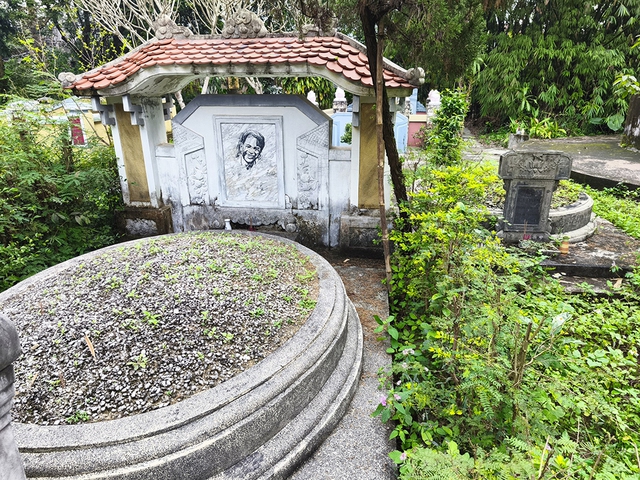
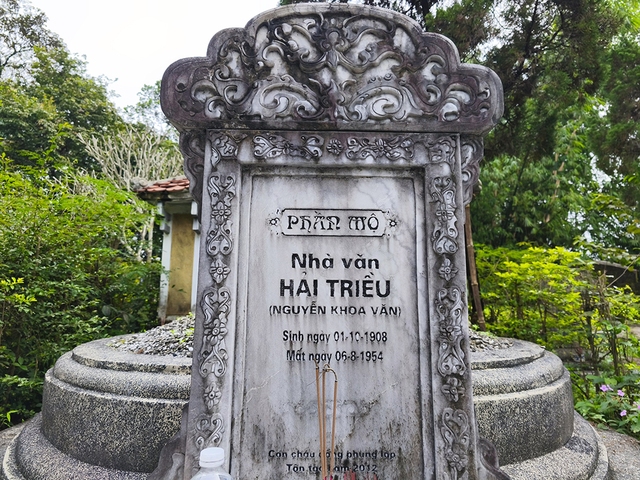
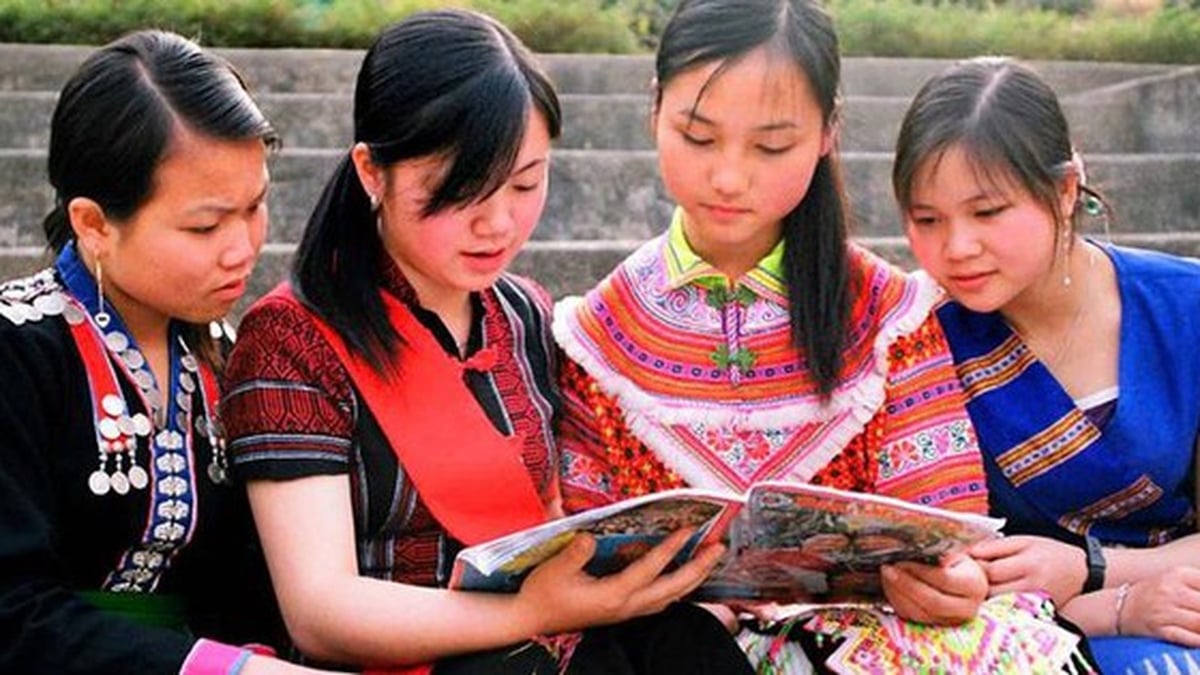


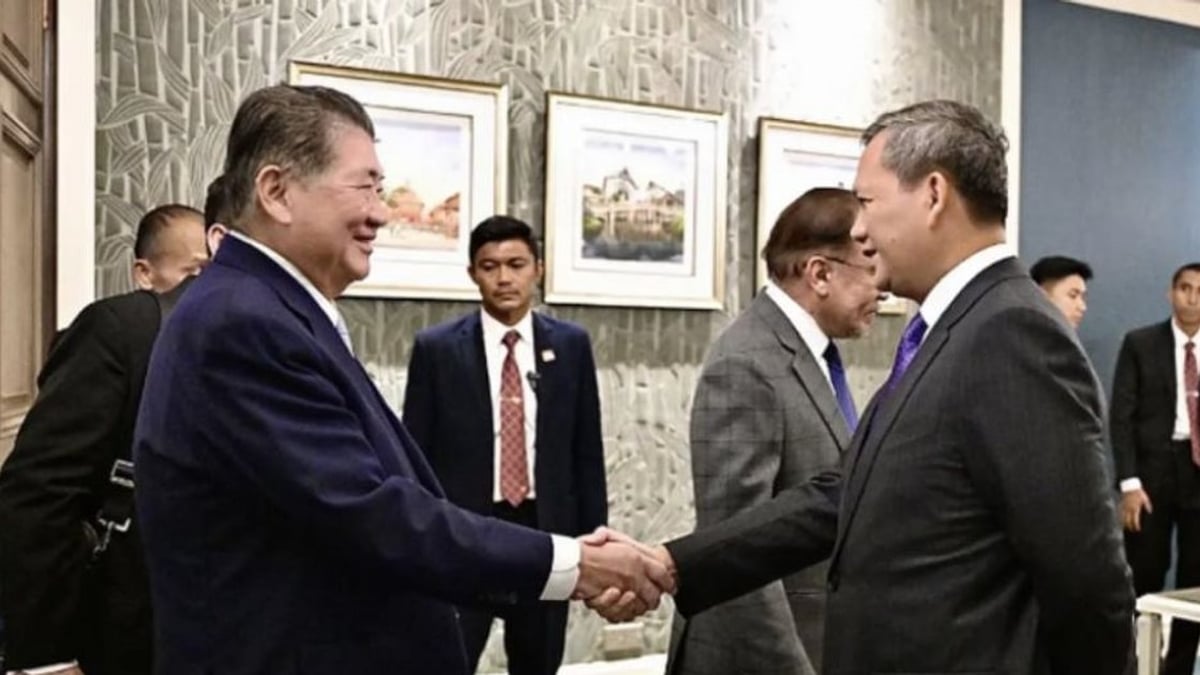

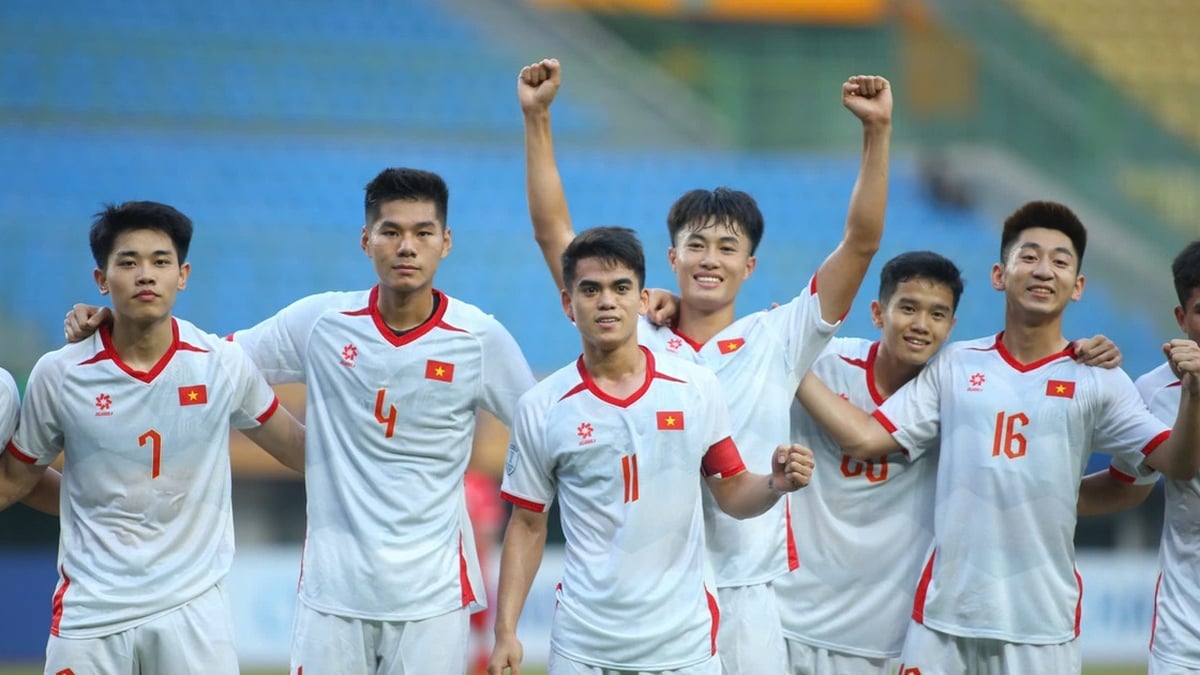
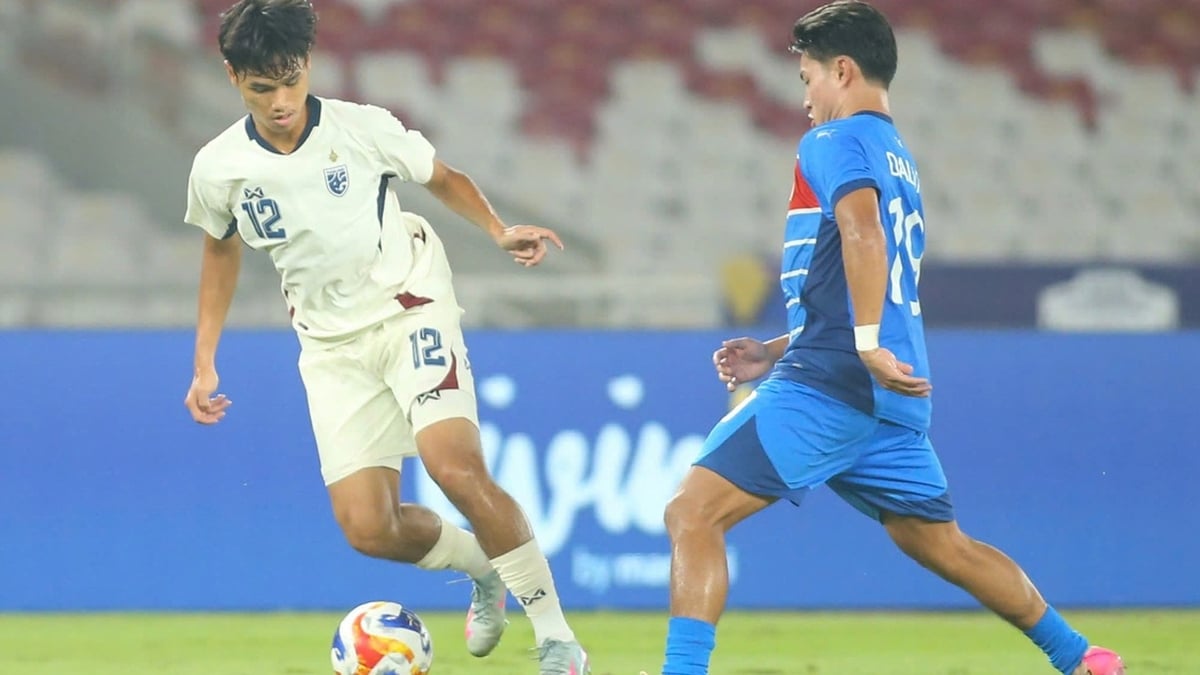

















![[Photo] National Assembly Chairman attends the seminar "Building and operating an international financial center and recommendations for Vietnam"](https://vphoto.vietnam.vn/thumb/1200x675/vietnam/resource/IMAGE/2025/7/28/76393436936e457db31ec84433289f72)









































































Comment (0)